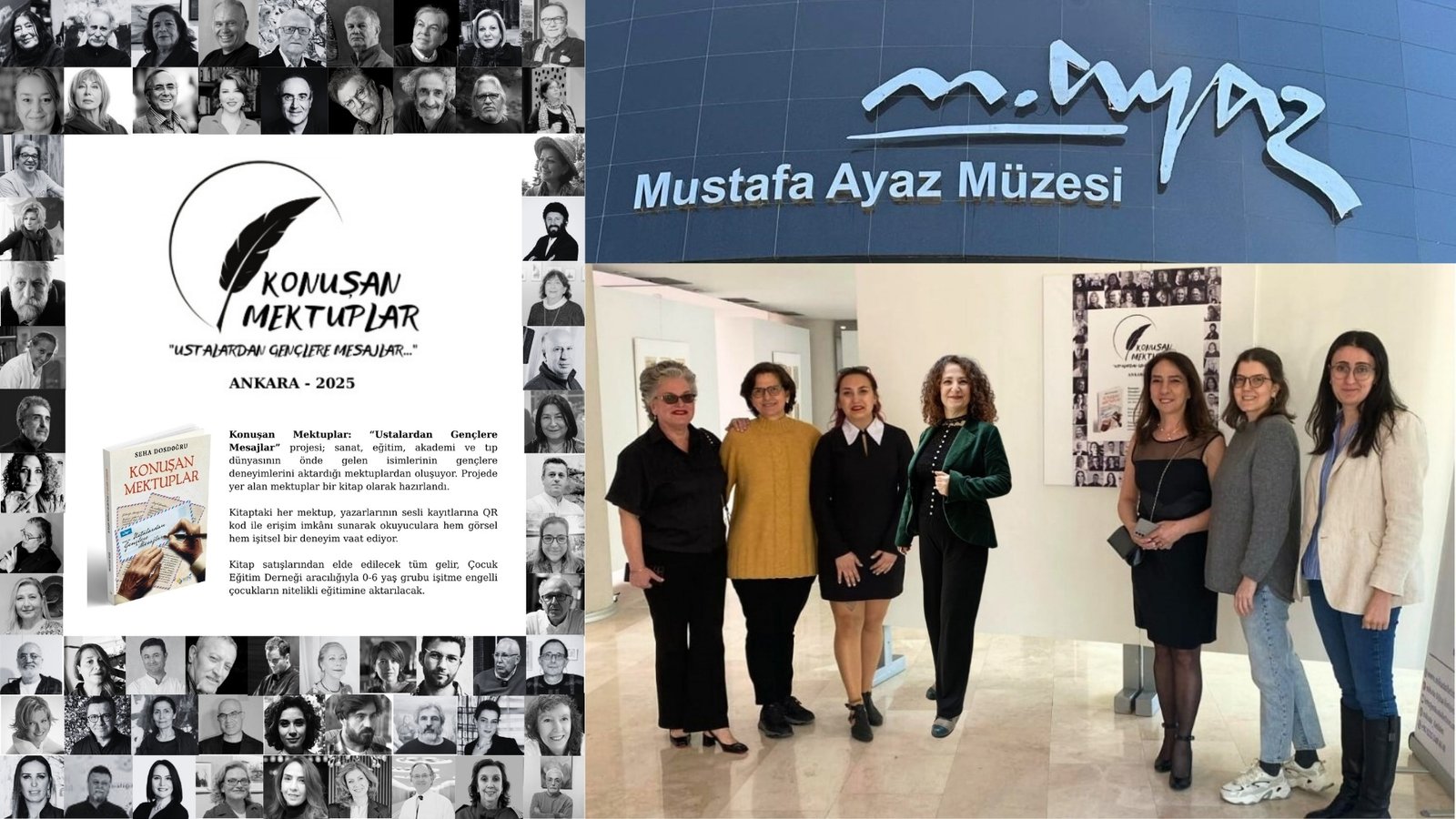Today, producers in Turkey are struggling to maintain profitability due to rising costs and unexpected expenses. The fixed exchange rate, cash flow costs, and interest rates are significant problems for producers. According to global averages, industrialists, tradespeople, SMEs, entrepreneurs, and workers in Turkey are working more and more each day, but they are struggling to maintain their current resources. Not only is there a rapid depletion, but even working harder only results in a slower decline.
In today’s Turkey, it is not possible for companies to stand on their own and compete with the struggle and decisions of a single owner. To adapt to market conditions and maintain their sustainability, they must keep up with the conditions of the era. So, what are these conditions?

First and foremost, it is necessary to specialize in every field and progress in a planned manner. Instead of having finance personnel who only reconcile and issue invoices, companies must have experts who closely follow the global economy, evaluate company resources, and balance global resources and investments. There is a need for professionals who are educated and contemporary, rather than traditionalists.
In addition to production managers, cost analysts, and operations managers, brain teams are needed to truly add value, discover resources that can ensure digitalization and sustainable profitability. Competing and achieving profitability with mass production of low-quality products will not be advantageous in a period of cash flow issues. Producing highly value-added products with fewer resources will always be advantageous.
Furthermore, it is saddening that our country is experiencing an increasing brain drain and a depletion of these resources. We must strive to prevent brain drain and retain these valuable individuals in our country.

In times of economic uncertainty, it is essential to focus on a qualified workforce rather than a cheap labor force. As James Goldsmith once said, “If you pay peanuts, you get monkeys.”
Building strong sales ties and relationships, and advancing more globally in sales and marketing processes, is crucial. Today, in the digital world, you can market and sell your products using many technologies. Therefore, we need to go beyond issuing export invoices and form global partnerships, create dealerships, and expand into more geographies. In a world with the internet, not only we but also our competitors can reach everywhere. Thus, we should go to those countries with our export products and establish representations or partnerships in those regions.
In conclusion, industries and habits are changing worldwide. As a country, our producers need to take responsibility and break free from old habits to contribute to the national economy. Instead of expecting everything from the state, they must create their own economies and international trade policies within themselves.
In this challenging period, I believe our producers will overcome these difficulties by thinking globally and specializing.
Sefer Doğan Özdoğan
Respectfully



































